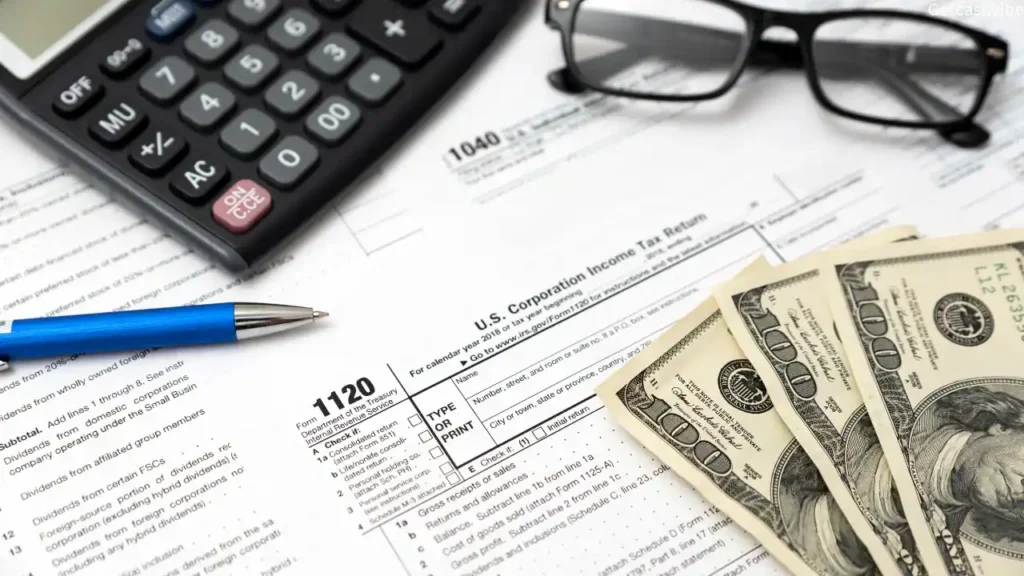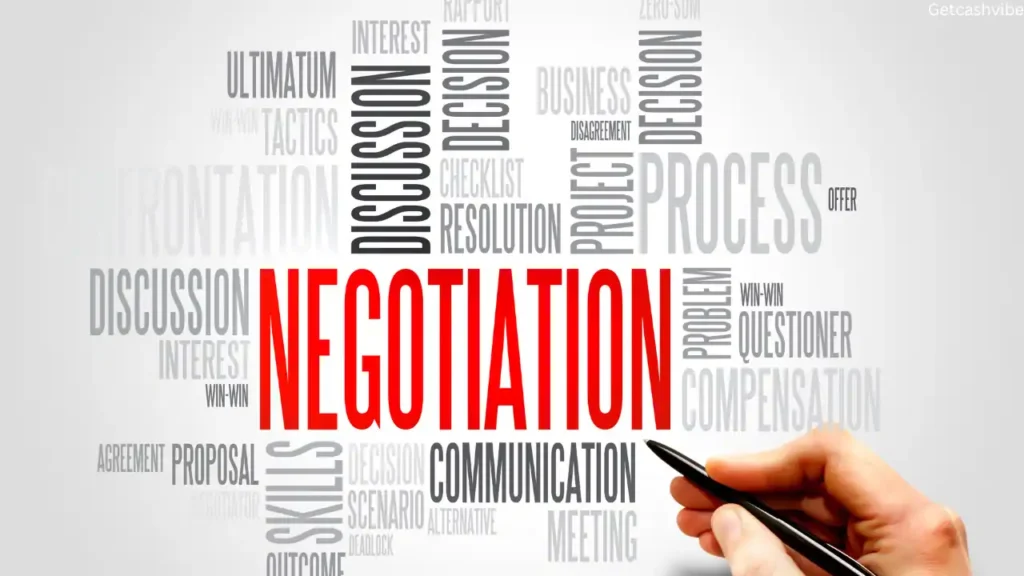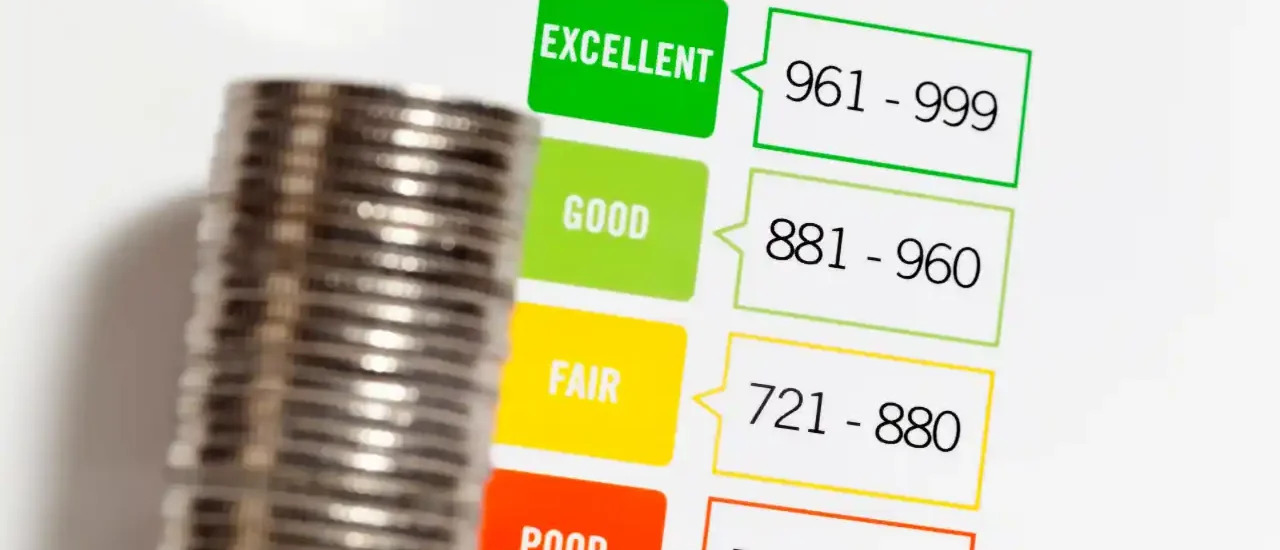A good credit score is crucial for financial success. It affects everything from your ability to secure loans to the interest rates you’re offered. If you’re looking to make strides in your credit score, you’ve come to the right place. Credit score improvement doesn’t have to be a long or complicated process—by following a few targeted steps, you can see results in no time.
In this guide, we’ll provide actionable tips to boost your credit score quickly. Whether you’re new to credit or recovering from a financial setback, these strategies can help you get back on track to better financial health.
Why Credit Score Improvement Matters
Your credit score is a reflection of your financial behavior, and it plays a significant role in your life. A higher credit score opens doors to better loan opportunities, lower interest rates, and even better job prospects in certain industries. On the flip side, a low score can result in higher costs and missed opportunities.
Improving your credit score isn’t just for securing loans—it’s about building a healthier financial future. If you’re planning on making a large purchase, refinancing a loan, or simply want to reduce financial stress, focusing on credit score improvement is an essential step.
Tips for Quick Credit Score Improvement
1. Check Your Credit Report for Errors

One of the easiest ways to improve your credit score quickly is to ensure your credit report is accurate. Errors like incorrect account statuses or outdated information can impact your score negatively. The first step is to request a copy of your credit report from the three major credit bureaus: Experian, Equifax, and TransUnion.
Steps to take:
- Review your credit report thoroughly.
- Dispute any errors you find by contacting the respective credit bureau.
- If the dispute is resolved in your favor, your score will improve.
2. Pay Your Bills on Time
Late payments can have a significant negative impact on your credit score, and even a single missed payment can remain on your record for up to seven years. To boost your credit score quickly, focus on paying your bills on time.
Pro tips:
- Set up reminders or automatic payments to ensure you never miss a due date.
- Prioritize bills with the highest interest rates if you’re financially tight.
3. Reduce Your Credit Utilization Ratio
Your credit utilization ratio is the amount of credit you’re using compared to your total credit limit. A high utilization rate indicates that you may be over-relying on credit, which can hurt your score. The general rule of thumb is to keep your utilization below 30%, but the lower, the better.
Steps to lower utilization:
- Pay down existing balances to reduce your credit utilization.
- If you can, ask for a credit limit increase to lower your utilization ratio.
4. Pay Off Debts Strategically

If you’re carrying balances across several credit cards, paying them off can significantly improve your credit score. Focus on eliminating high-interest debt first, as this will free up more cash flow for other financial goals.
Debt pay-off strategy:
- Consider the “debt avalanche” method—paying off the highest-interest debt first.
- Alternatively, use the “debt snowball” method—starting with smaller balances to build momentum.
5. Don’t Close Old Accounts
Closing old credit accounts can hurt your credit score by reducing your available credit and lowering the average age of your credit history. Keep old accounts open, even if you’re not using them. However, be mindful of annual fees and inactivity charges.
Credit management tip:
- Keep your old accounts open but use them sparingly to maintain a positive credit history.
6. Become an Authorized User
If you’re struggling to improve your credit score, consider asking a family member or friend with a good credit history to add you as an authorized user on one of their accounts. This can help boost your score by leveraging their positive credit history.
How it works:
- As an authorized user, you’ll benefit from the primary cardholder’s credit history without being responsible for the payments.
- Be sure the account holder has a good credit history and uses the card responsibly.
7. Negotiate with Creditors

If you’re behind on payments, don’t be afraid to negotiate directly with creditors. Many creditors are willing to work with you, offering options like deferred payments or even a reduction in your outstanding balance.
Negotiation tips:
- Call your creditors and explain your situation.
- Request a goodwill adjustment or a payment plan to catch up without further damaging your credit.
FAQ: Credit Score Improvement
Q: How long will it take to see results from credit score improvement efforts?
A: Depending on your efforts, you could see improvement within a few weeks to a few months. The key is consistency—continue to pay your bills on time and reduce your debt steadily.
Q: Is using a credit repair service a good option?
A: While credit repair services can assist with improving your score, they often charge high fees and may not be as effective as doing it yourself. It’s better to follow the tips in this guide and reach out to your creditors directly.
Q: Can I improve my credit score if I have a lot of debt?
A: Yes, you can. Focus on paying off high-interest debt first and reduce your credit utilization. Over time, these changes can significantly improve your score.
Conclusion
Improving your credit score doesn’t have to be a complicated or lengthy process. By taking consistent, strategic actions like paying bills on time, reducing credit utilization, and addressing any errors on your credit report, you can see significant improvement.
Ready to take control of your financial future? Credit score improvement is within your reach—start with these actionable tips today and enjoy the rewards of a higher credit score, better loan terms, and greater financial freedom.
For more personal finance tips and strategies, visit GetCashVibe today!






